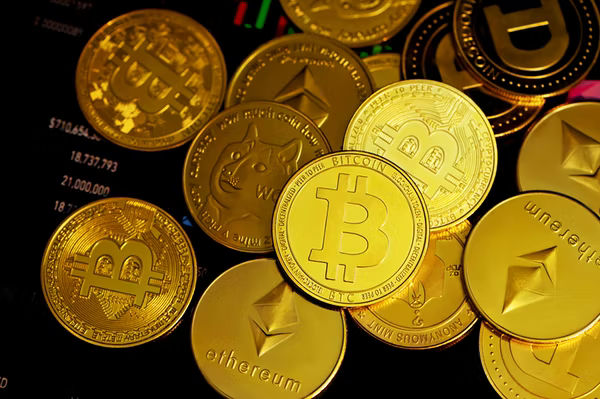The State Duma, the lower house of the Russian legislature, has approved a draft bill on the taxation of digital assets and cryptocurrencies that exempts their sale from value-added tax (VAT) in the Russian Federation. Some other services of digital asset exchanges will also be exempted, reported state-run news service RIA Novosti.
Also Read | Russian forces pummel Lysychansk, Ukraine’s last bulwark in Luhansk
Further, the bill determined income tax rates of 13% for Russian exchanges on the first 5 million rubles (currently around US$93,000) of the taxable base annually, 15% on amounts above the threshold, and 15% across the board for foreign exchange operators. The current tax rate for companies is 20%. President Vladimir Putin’s signature are required for this bill to become a law.
Also Read | REPO task force seized over $300 billion in Russian assets after Ukraine invasion
The taxation of digital assets under the bill is analogous to securities taxes at the present moment, reported RIA Novosti. The government said in the bill that a separate tax procedure for digital assets is crucial to the creation of an effective and competitive digital economy.
Also Read | Ferdinand Marcos Jr, dictator’s son, to take oath as Philippine president
Russia has softened its stance on cryptocurrency as the country has increasingly felt the pressure of Western economic sanctions due to its invasion of Ukraine. Major Russian Banks have been blocked from the SWIFT system and G7 countries recently ceased the purchase of newly mined and refined Russian gold. Those moves, along with several other sanctions, led to Russia’s reported default on foreign debt servicing Monday.
Also Read | Norway blames ‘criminal pro-Russian group’ for cyber attack: What we know
Russia’s Sber Bank is planning to launch a stablecoin, and Russian Central Bank’s first deputy chair Olga Skorobogatova said in an interview that trials of a digital ruble will be moved up from 2024 to April 2023. A pilot project involving 12 Russian banks is underway.
Also Read | ‘If Putin were a woman’: British PM Boris Johnson on Russia-Ukraine conflict
“I think all self-respecting states will have a national digital currency within three years. We should be ready as soon as possible. Plus, this will settle the issue of being blocked from SWIFT, because this integration will make SWIFT unnecessary,” Skorobogatova said.







